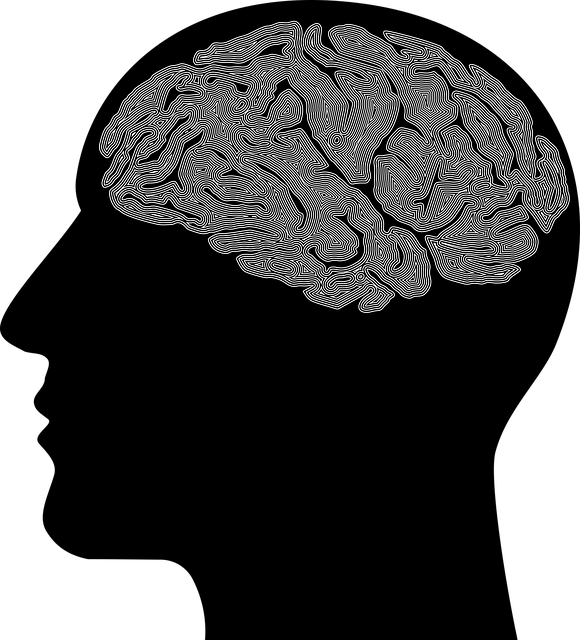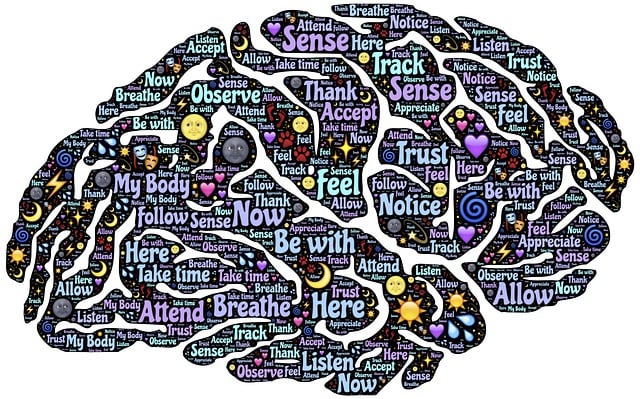Arvada prioritizes effective PTSD therapy through holistic, individualized approaches combining traditional talk therapy with innovative techniques like CBT and mindfulness practices. Emphasizing stress management, therapists teach coping mechanisms, cultivate empathy, and address burnout prevention to help residents regain control over their lives after traumatic events. Specialized therapies and personalized plans, backed by mental health policy advocacy, ensure accessible, high-quality care for Arvada PTSD sufferers.
In Arvada, managing stress effectively is crucial for mental well-being, especially when dealing with post-traumatic stress disorder (PTSD). This article explores comprehensive strategies for PTSD therapy in the community. We delve into common stress management techniques proven to help Arvada residents cope with trauma. By understanding individual needs, tailored approaches can be implemented for optimal relief. Additionally, building resilience offers long-term stress management solutions, empowering individuals to navigate life’s challenges.
- Understanding Post-Traumatic Stress Disorder (PTSD) in Arvada
- Common Stress Management Techniques for Effective Therapy
- Tailoring Stress Relief Strategies to Individual Needs
- Building Resilience: Long-Term Stress Management for Arvada Residents
Understanding Post-Traumatic Stress Disorder (PTSD) in Arvada

In Arvada, understanding Post-Traumatic Stress Disorder (PTSD) is crucial for effective therapy and support. Many residents face this condition after experiencing traumatic events, leading to persistent symptoms like flashbacks, nightmares, and severe anxiety. PTSD can significantly impact daily life, making it essential to seek professional help. The good news is that Arvada offers various therapy options tailored to address PTSD specifically.
Arvada Post-Traumatic Stress Disorder Therapy focuses on Mind Over Matter principles to help individuals regain control of their lives. Empathy building strategies play a vital role in these therapies, fostering a safe space for sharing and processing traumatic memories. By combining traditional talk therapy with innovative techniques, therapists aim to provide anxiety relief and help clients develop healthy coping mechanisms. This comprehensive approach ensures that residents in Arvada can effectively manage PTSD and lead fulfilling lives again.
Common Stress Management Techniques for Effective Therapy

Stress management is a cornerstone of effective therapy, especially when addressing conditions like Post-Traumatic Stress Disorder (PTSD) in Arvada. Common techniques often include a blend of cognitive behavioral therapy (CBT), mindfulness practices, and exposure therapy. CBT equips individuals with tools to challenge negative thought patterns contributing to stress and anxiety. Mindfulness, through techniques like deep breathing and meditation, cultivates present-moment awareness, helping to calm the mind and reduce reactivity.
Additionally, compassion cultivation practices have gained prominence in stress management. These involve encouraging self-care, fostering empathy towards oneself and others, and promoting a sense of interconnectedness. Preventing burnout is also crucial; therapists teach clients sustainable coping strategies to manage ongoing stressors and avoid emotional exhaustion. By integrating these methods, therapy becomes a holistic journey towards resilience and improved mental well-being.
Tailoring Stress Relief Strategies to Individual Needs

Stress management is a highly personalized journey, and what works for one person might not be suitable for another. When teaching stress relief techniques, it’s essential to recognize that every individual has unique needs and experiences. For example, someone struggling with Arvada Post-Traumatic Stress Disorder (PTSD) may require specialized therapy approaches like cognitive processing therapy or eye movement desensitization and reprocessing (EMDR), which address the specific trauma-related challenges they face. On the other hand, those seeking general well-being can benefit from practices such as mindfulness meditation and yoga.
Creating a personalized plan involves understanding one’s triggers, coping mechanisms, and preferences. Encouraging students to explore different strategies, like journaling, deep breathing exercises, or engaging in hobbies, allows them to discover what works best for their mental health. Additionally, promoting self-care routines that incorporate regular exercise, healthy eating, and adequate sleep can significantly contribute to stress reduction and burnout prevention. Positive thinking techniques, when combined with tailored strategies, empower individuals to effectively manage and reduce stress levels.
Building Resilience: Long-Term Stress Management for Arvada Residents

Building resilience is a key component of long-term stress management for Arvada residents. By equipping individuals with effective coping strategies, post-traumatic stress disorder (PTSD) therapy becomes more accessible and successful. The process involves fostering inner strength development through mindfulness practices, cognitive behavioral therapy, and other evidence-based techniques. These tools help individuals navigate challenging situations, reduce the impact of stressors, and promote overall well-being.
In addition to PTSD therapy, burnout prevention plays a crucial role in building resilience. Mental health policy analysis and advocacy are essential to ensuring accessible and quality care for Arvada residents. By addressing systemic barriers and promoting mental health awareness, communities can create supportive environments that foster resilience. This holistic approach not only treats immediate stress but also empowers individuals to manage long-term mental health challenges effectively.
In conclusion, managing stress effectively is a key component of well-being, especially in addressing and overcoming conditions like Post-Traumatic Stress Disorder (Arvada PTSD therapy). By understanding the common techniques for stress management and tailoring these strategies to individual needs, residents of Arvada can enhance their resilience and overall mental health. These practices empower individuals to navigate life’s challenges more resiliently, ensuring a better quality of life in the long term.














